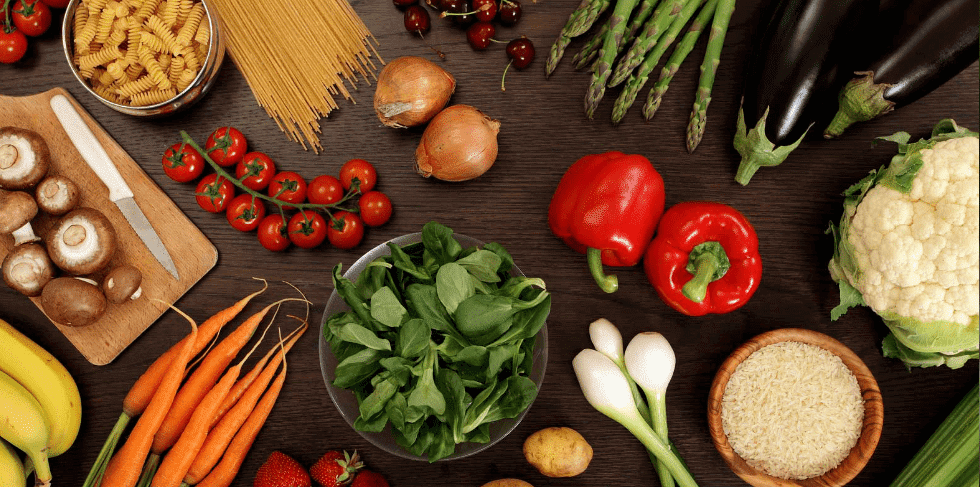Weight Loss
Firstly, it’s important to keep in mind the very simple equation that calories in must balance those used up. Any excess calories are converted by the body to fat as a storage mechanism for times when food might be in short supply – this is nature’s way of ‘saving for the rainy day’.
Did you know? Webdoctor.ie can deliver your prescription note directly to your door.
It’s the more convenient and cheaper way to visit your doctor!
Secondly, it’s helpful to be aware that as the years pass (especially after the age of 30), the burning of calories seems to slow a little so the amount of food intake may be the same or even less, but because it’s burned at a slower rate these ‘relatively’ excess calories will be converted to fat for storage.
Thirdly, food is one of life’s great pleasures. We associate having meals with companionship and sharing a common pleasurable experience. This experience is comforting, not just physically but psychologically and emotionally. Therefore it’s hardly surprising that food is used when a person is stressed. This can take the form of so called ‘comfort eating’ which at its mildest results in excess calories and weight gain which can be transient. However at the extreme end of the scale, this can result in associated binge eating followed by purging through vomiting. This type of behaviour can be extremely disruptive and requires specialised psychological help as quite often, it can be related to self confidence and self esteem. At the less severe end of this spectrum, the most common cause of comfort eating is as a stress coping mechanism. Therefore the proper approach required here is learning the various stress management mechanisms as well as addressing the weight loss required.





